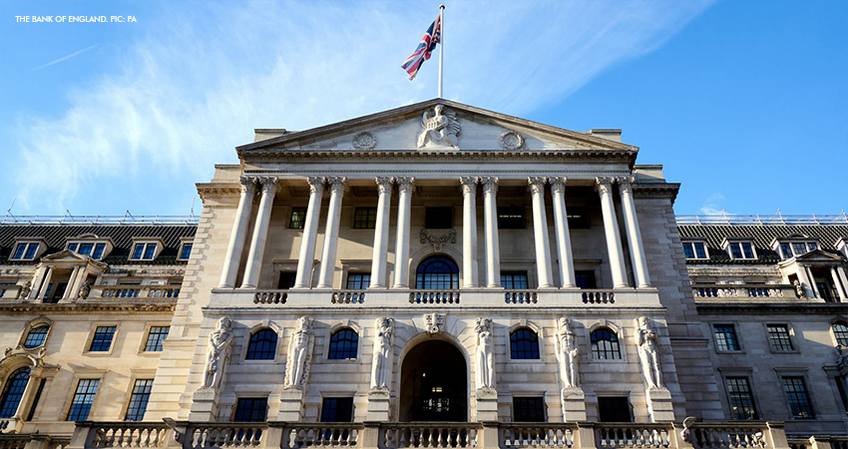Bank of England Signals Potential Shift Towards Easier Monetary Policy Amid Falling Inflation
- BOE maintains an interest rate at 5.25%, with a significant shift in stance as only one member votes against holding the rate steady, suggesting a move towards a more accommodative policy.
- Inflation drops to a low of 3.4% annually in February, with expectations of rate cuts beginning as early as June, amidst signs of economic recovery and easing inflationary pressures.
BOE Keeps Interest Rates Steady, Signals Potential Shift in Monetary Policy
On March 21, the Bank of England (BOE) maintained its interest rate at 5.25%, a decision that was largely anticipated by the market. The Monetary Policy Committee (MPC) voted 8-1 in favor of holding the rate steady, marking a significant shift as no members voted for an increase, contrasting with the previous meeting where two members had favored a hike. This change in stance suggests that the BOE is now considering a more accommodative monetary policy in the near future.
Governor Andrew Bailey indicated that while the bank is not ready to cut rates just yet, the market's expectation of two or three reductions in 2024 is considered 'reasonable'. This cautious approach is due to the need for more evidence that inflationary pressures are subsiding, particularly in the labor market, wage growth, and services inflation. The UK economy, which experienced a technical recession in the latter half of 2023, has shown signs of activity picking up at the start of 2024, although another year of modest growth is anticipated.
UK Inflation Declines, BOE Signals Potential Rate Cut
Inflation in the U.K. has decreased more than expected, with the headline inflation rate dropping to an annual 3.4% in February, the lowest since September 2021. The central bank projects that inflation will return to its 2% target in the second quarter, aided by a reduction in the household energy price cap in April. This decline in inflation has led to a rally in UK bonds and a retreat of the sterling, as markets interpret the BOE's decision as a dovish pivot.
Investors are now fully pricing in the first BOE rate cut for August, with over a 50% chance of a move as early as June. However, HSBC Asset Management suggests that inflation will remain higher than it was during the 2010s due to a more fragmented global economy and active fiscal policy, potentially resulting in a 'slow cutting cycle' with rates ending around 3%.
In summary, the Bank of England is signaling a potential shift towards easing monetary policy in response to falling inflation and a need to support economic growth. While the timing and extent of rate cuts remain uncertain, the BOE's current stance is more dovish than in previous months, aligning with market expectations for a softer monetary policy approach in the near future.

